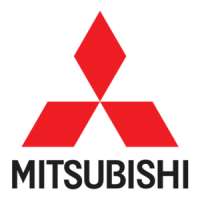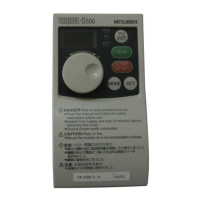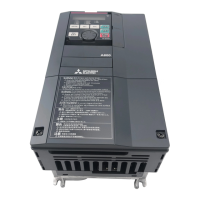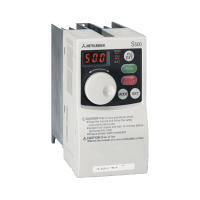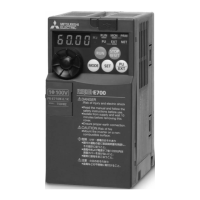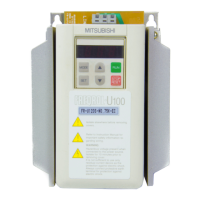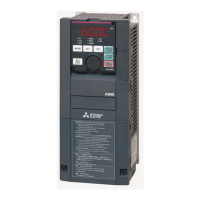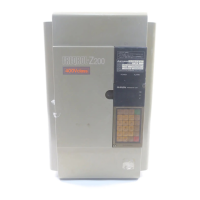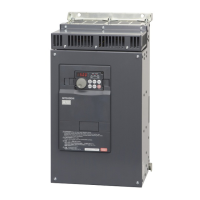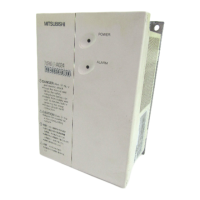PROTOCOL-SPECIFIC INFORMATION
9.2 EtherNet/IP Server
9.2.1 Overview
EtherNet/IP is a network adaptation of ODVA’s Common Industrial Protocol (CIP). The card supports the
EtherNet/IP server protocol, including the CSP server variant.
The interface card supports both implicit (class 1 I/O) and explicit (UCMM and class 3) messaging.
Class 1 connections support two different types of I/O messaging. One type is the generic I/O assembly
instances 100 and 150, which is entirely user-configurable (refer to section 9.2.5). The other type is the
AC/DC drive profile assembly instances 20 & 70 or 21 & 71, which requires no user configuration (refer
to section 9.2.6). With I/O messaging, the data field contains only real-time I/O data. The meaning of the
data is pre-defined at the time the connection is established. I/O messages are short and have low
overhead, and therefore minimize the processing time and allow for time-critical performance.
With explicit messaging (refer to section 9.2.7), nodes must interpret each message, execute the
requested task and generate responses. These types of messages can be used to transmit
configuration, control and monitor data.
The following sections demonstrate specific examples of how to use EtherNet/IP to transfer data
between the inverter and Allen-Bradley Logix-brand PLCs.
Other notes of interest include:
• The interface card supports the EtherNet/IP protocol, as administered by the Open DeviceNet
Vendor Association (ODVA).
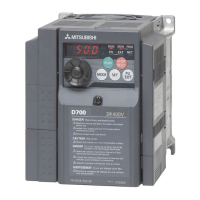
